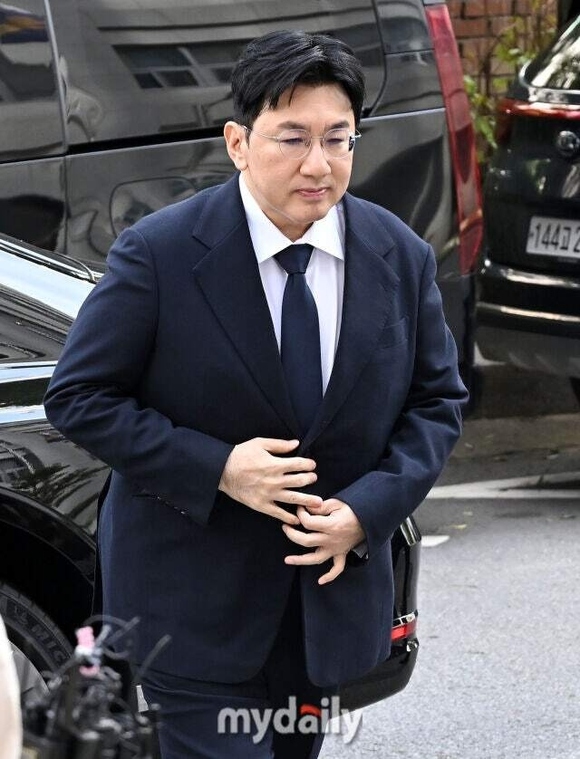HYBE’s Boss Faces Major Legal Trouble
Bang Si-hyuk, founder and chairman of K-pop giant HYBE—home to BTS and NewJeans—has been banned from leaving South Korea. Why? Allegations of insider trading and unfair stock gains worth nearly 190 billion won (about $137 million USD).
What’s Behind the Scandal?
According to Seoul police investigators, Bang Si-hyuk is accused of violating the Capital Markets Act. Back in 2020, he allegedly misled existing investors by claiming there were no IPO (Initial Public Offering) plans for HYBE. But behind the scenes, the company had already begun IPO preparations.
During this time, Bang and HYBE executives reportedly offloaded stakes to a privately formed fund, which they had a hand in establishing. Misled by the “no IPO” claim, outside investors sold their shares—losing big, while Bang allegedly gained big.
Police Turn Up the Heat
The Seoul Metropolitan Police’s Financial Crimes Investigation Unit summoned Bang Si-hyuk last month for questioning, which lasted nearly 12 hours. However, when facing press questions about misleading investors or the company’s behind-the-scenes moves, the chairman remained silent and looked visibly tense as he left the building late that night.
Where Does HYBE Stand Now?
This isn’t just a legal headache. The news shocks fans and investors alike—as HYBE is considered the powerhouse of K-pop, credited with transforming the Hallyu landscape globally. Bang Si-hyuk, often dubbed “Hitman Bang,” has been a visionary figure. But this latest twist puts a major dent in the company’s squeaky-clean image.
As of now, the investigation is ongoing, and HYBE has not released an official statement addressing the issue in detail. With travel restrictions in place, Bang will remain in South Korea for the foreseeable future.
A Turning Point for the K-pop Business?
If prosecutors decide to push forward with charges, this could mark one of the biggest scandals in K-pop corporate history. For a man who built a global music empire, legal drama wasn’t on the setlist.
Stay tuned—as this case might not just reshape HYBE’s business direction, but also set new precedents for transparency in Korea’s entertainment industry.
























